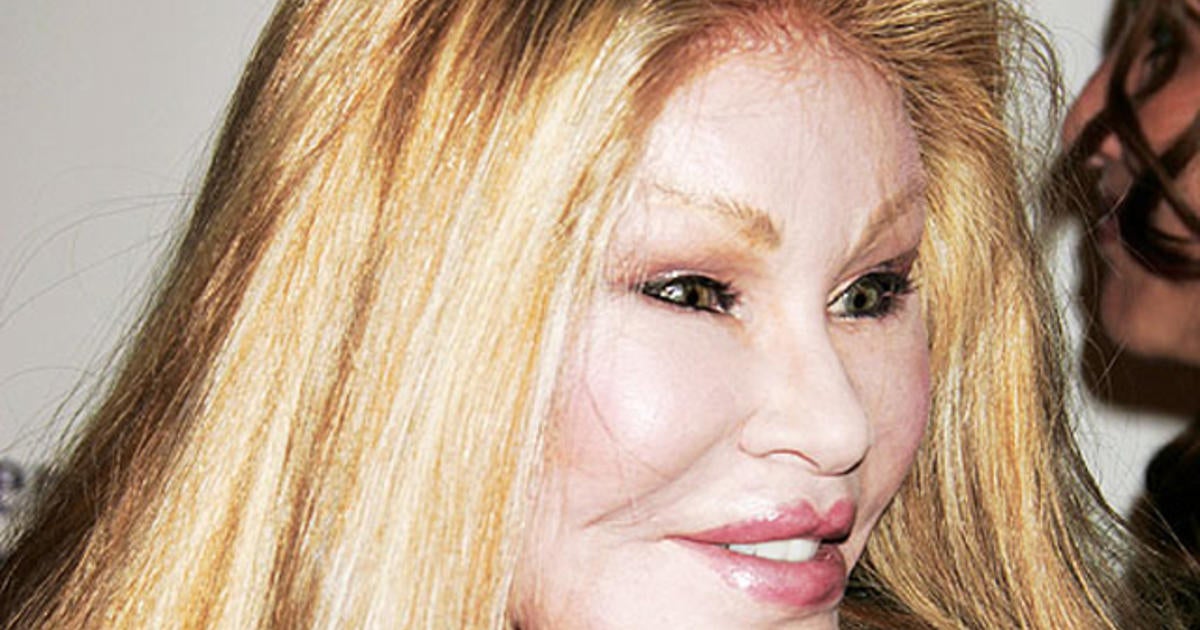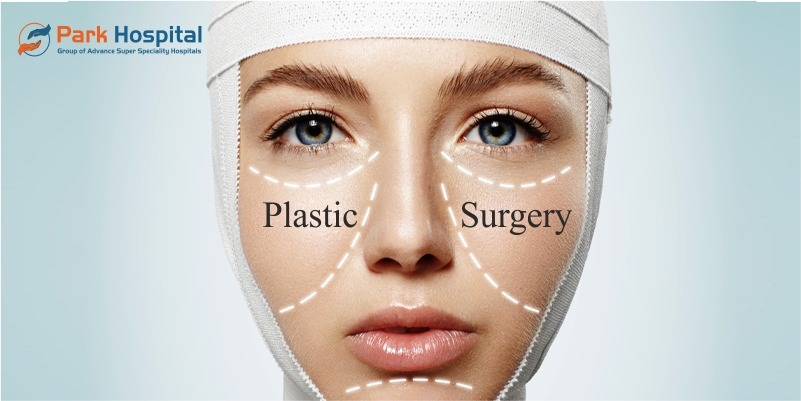Plastic Surgery Bellevue: Customized Procedures for a New You
Plastic Surgery Bellevue: Customized Procedures for a New You
Blog Article
A Deep Dive Into the Typical Validation for Seeking Aesthetic Surgical Treatment: Unboxing the Wish for Adjustment and Self-Improvement

Social Pressures and Appeal Requirements
Regularly, social pressures and dominating charm standards play a considerable function in individuals' decisions to pursue plastic surgery (liposuction bellevue). In modern culture, graph greatly affects personal perceptions of appearance, frequently continued by media, celebrity endorsements, and social platforms. These channels regularly advertise idyllic versions of appeal, leading individuals to internalize these standards and assess their self-worth versus them

Moreover, these pressures are not restricted to certain demographics; they influence individuals throughout numerous ages, sexes, and backgrounds, highlighting the pervasive nature of beauty criteria. This extensive impact increases essential questions regarding the principles of cosmetic surgery and the ramifications of social criteria on individual options. Eventually, comprehending these pressures is essential for fostering an extra inclusive meaning of appeal that commemorates variety.
Individual Experiences and Transformative Stories
Numerous people that go through plastic surgery record transformative experiences that prolong beyond mere physical adjustments. For numerous, these procedures work as a driver for enhanced self-esteem and a renewed sense of identification. People often define feeling liberated from enduring instabilities, causing raised confidence in both professional and personal realms.
Take, for example, the story of a young woman that went through boob job after years of feeling uneasy concerning her appearance. Post-surgery, she reported not just a newly found comfort in her body but also a substantial improvement in her social life and job opportunities. In a similar way, a middle-aged guy that chose to undergo a renovation shared just how the procedure revitalized his overview on life, motivating him to go after brand-new rate of interests and partnerships.

Emotional Factors Behind Plastic Surgery
Countless psychological aspects add to the choice to undergo cosmetic surgical treatment, mirroring much deeper psychological and mental health and wellness factors to consider. People often go after medical enhancements as a means to deal with feelings of inadequacy, reduced self-esteem, or dissatisfaction with their appearance. These mental inspirations can be rooted in past experiences, social contrasts, or individual desires.
Body picture distortion is a common problem, where people view their physical qualities in an exaggeratedly adverse light. This distortion can bring about compulsive thoughts concerning regarded problems, motivating the wish for medical alteration as a service. Additionally, the pursuit of perfection and social stress can magnify these feelings, pushing individuals towards aesthetic procedures in hopes of accomplishing an idealized version of themselves.
Moreover, the concept of self-improvement plays a critical role. Several people see plastic surgery as a pathway to improve their top quality of life, thinking that enhanced appearance will certainly result in boosted social approval, far better partnerships, or boosted profession opportunities. Inevitably, the mental elements behind plastic surgery emphasize the complicated interplay between private self-perception and external impacts, revealing the complex nature of the desire for change.
The Duty of Media in Understanding
In today's culture, media plays an essential role fit perceptions of elegance and self-respect. Via different platforms-- social media sites, television, and advertising and marketing-- idealized check this criteria of beauty are frequently disseminated, influencing specific aspirations and self-image. These representations frequently highlight slim interpretations of attractiveness, predominantly featuring vibrant, slim, and digitally boosted images, which can create unrealistic criteria for individuals making every effort to adhere.
The effect of media is further aggravated by the pervasive nature of social media sites, where individuals are pestered with curated content that highlights aesthetic improvements, recommending mommy makeover bellevue a society of contrast. This constant exposure can cause sensations of inadequacy amongst viewers, prompting them to think about cosmetic surgery as a way of attaining the perceived suitable. Research study shows that people that engage with these media depictions are more probable to express discontentment with their look, enhancing the wish for medical treatments.
In addition, the normalization of plastic surgery in media narratives can desensitize audiences, framing such procedures as commonplace and even needed for social approval. Therefore, the media's representation of appeal not just affects specific selections pertaining to plastic surgery but also adds to a more comprehensive social discussion regarding self-respect and identity.
Ethical Considerations and Future Trends
Amid the expanding appeal of cosmetic surgical treatment, moral factors to consider surrounding the practice have ended up being significantly popular. As the demand for procedures increases, so also do concerns relating to informed approval, the emotional inspirations of individuals, and the possibility for exploitation by doctors. It is critical for practitioners to make certain that people completely understand the risks and advantages, along with the ramifications of their choices, to cultivate an accountable approach to aesthetic enhancements.
Furthermore, the impact of social networks and beauty requirements raises inquiries regarding the effect on psychological health, specifically among vulnerable populaces. As awareness of body photo concerns expands, moral technique necessitates a cautious examination of the motivations behind medical treatments. Specialists must stabilize patient wishes with moral obligation, making certain that decisions are rooted in real self-improvement as opposed this hyperlink to social stress.
Wanting to the future, fads may move in the direction of non-invasive and technically progressed procedures, emphasizing person safety and contentment. Additionally, the unification of psychological examinations can help deal with underlying problems prior to medical intervention. The plastic surgery field need to adjust to these ethical challenges while advertising a society of openness and self-acceptance, ultimately prioritizing the wellness of patients.
Conclusion
To conclude, the pursuit of cosmetic surgical procedure is affected by an assemblage of societal pressures, individual experiences, and emotional elements. The need for positioning with dominating beauty requirements, coupled with the potential for transformative end results, underscores the intricate motivations driving people toward these procedures. Furthermore, the function of media in forming understandings of appeal can not be downplayed. As ethical factors to consider develop, future fads in plastic surgery will likely reflect continuous social discussions surrounding self-improvement and private identification.
Often, social stress and prevailing appeal standards play a substantial function in individuals' choices to pursue cosmetic surgery. liposuction bellevue. Ultimately, these transformative tales highlight the multifaceted factors people seek cosmetic surgery, intertwining personal development with the pursuit of aesthetic enhancement
Several individuals check out cosmetic surgery as a pathway to boost their top quality of life, thinking that improved look will lead to enhanced social approval, far better relationships, or improved occupation possibilities. Ultimately, the mental factors behind cosmetic surgical treatment highlight the complex interplay between private self-perception and external impacts, disclosing the complex nature of the desire for adjustment.
As honest factors to consider progress, future trends in cosmetic surgical procedure will likely show ongoing societal dialogues surrounding self-improvement and private identity. liposuction bellevue.
Report this page